Do wooden decking boards need to be oiled?
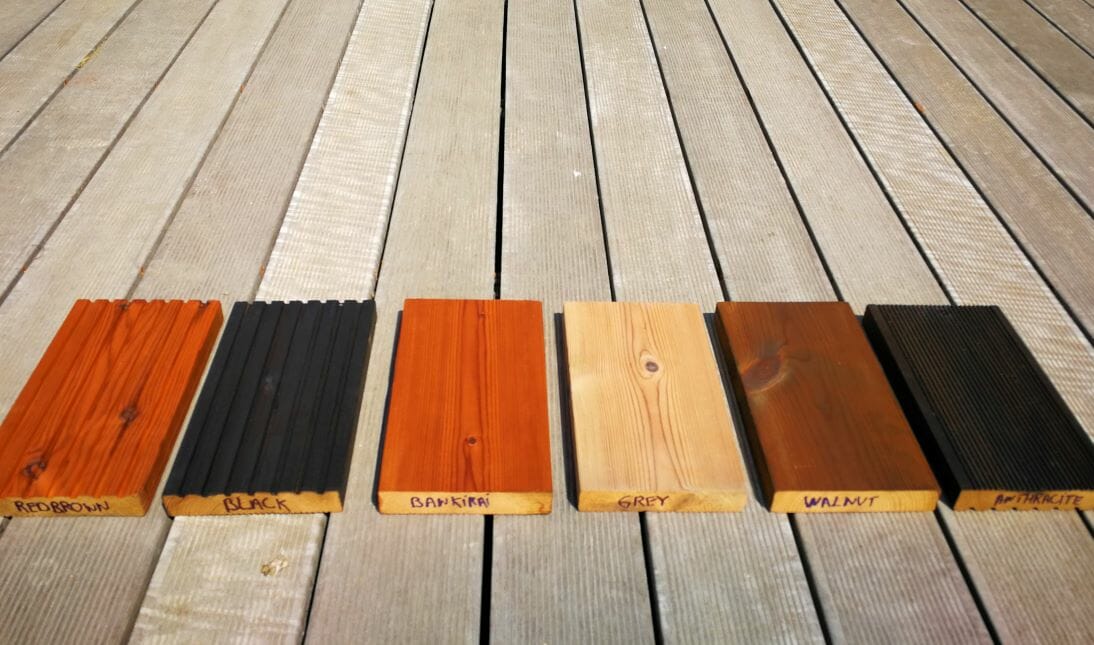
Do wooden decking boards need to be oiled?
One of the most common questions in our field is whether to oil wooden decking boards. As terrace professionals, we have a clear position – oiling is necessary. The oil protects boards from natural graying, contains anti-mold and anti-fungal elements, protects against rot, protects against moisture absorption in winter, and on the contrary, moisturizes boards in summer.
Let’s take a look at the main types of terrace boards dominating the Lithuanian market.
Impregnated pine terrace boards
First of all, in order to protect the beautiful brown color given by the impregnant from UV rays, the terrace should be oiled with oil containing pigment. It is best to do this after the decking is installed and wait a week before the board starts, as impregnated decking boards are often damp.
Another point is that it is the most cracking decking board, both from the sun and from the cold. So, as much as possible, the oil will protect the boards from cracking.
Larch terrace boards
These are the biggest terrace boards in Lithuania surrounded by myths. You can find many opinions on the Internet that these boards are so rich in their “composition” that if the terrace is installed and left unattended, the boards will last for a hundred years. This is not true.
Larch has a wonderful wood grain and to protect this natural wood puzzle from graying, like any wood, it needs to be oiled with a pigmented oil.
In cases where it is desired to obtain an aged effect from larch, iron sulfate is used. However, even after using iron sulfate, we still recommend to cover the boards with colorless oil at least once, to “seal” the open pores of the wood with it. Although larch absorbs less water, the oil will protect the boards from splitting.
 Larch terrace covered with natural shade oil
Larch terrace covered with natural shade oil
Another, probably the most sensitive problem of larch is the patterns that appear. After the snow and moisture settles in the cold period, a 1-2 mm peeling “fur” forms on the larch (photo below), and as it dries, it forms fine patches. The patterns caused by these cracks and larger cracks are the worst enemies of children’s feet. Therefore, regular use of oil will reduce this problem to a minimum.
 “Fur” on larch terrace boards
“Fur” on larch terrace boards
Thermo pine terrace boards
It is a product fired in special chambers by burning the cellulose in the wood. As a result, thermo wood rots the slowest of all the listed types of wood. Theoretically (and the manufacturers declare this as well), they do not need additional protection against rot and can be left unoiled after installation. However, even following these recommendations, oiling is advisable if you want to avoid two phenomena – the graying of the decking boards and the formation of patterns. Only oil with pigment will protect against the gray shade of the wood. Even the thermal terrace board installed on the south side begins to crack over time. It is true that it is not as strong as other types of wood boards, but such a floor is not a gift for bare feet.
 Thermal wood terrace
Thermal wood terrace
To debunk the myth that decking boards can be left without oil, it’s important to mention that even many WPC (that’s half wood plastic) manufacturers already admit and agree that it’s better to oil their decking boards with a clear oil if you want to avoid grease stains and have simpler maintenance.
If you have questions about how to oil the terrace, we invite you to look at the instructions for oiling the terrace.

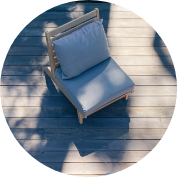
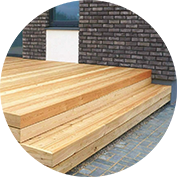
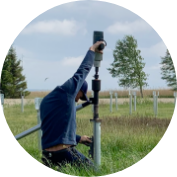
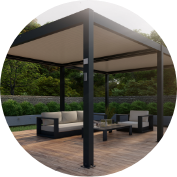
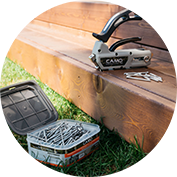
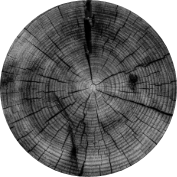
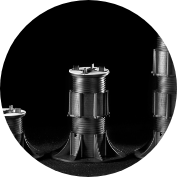
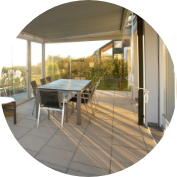





 Larch terrace covered with natural shade oil
Larch terrace covered with natural shade oil “Fur” on larch terrace boards
“Fur” on larch terrace boards Thermal wood terrace
Thermal wood terrace